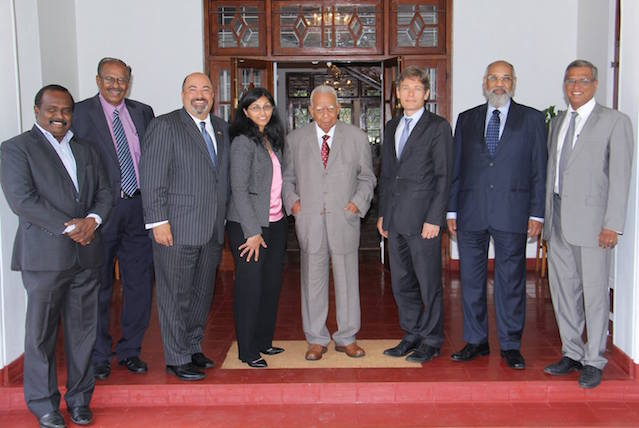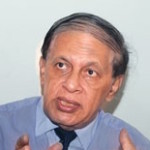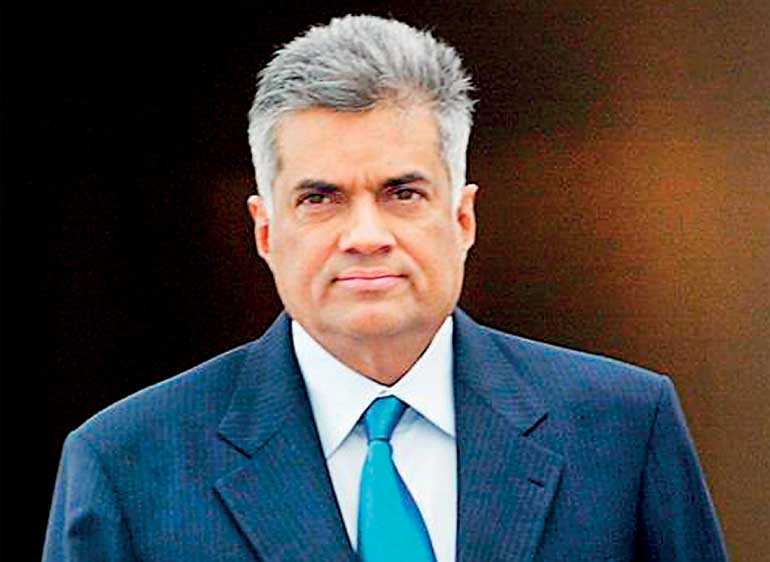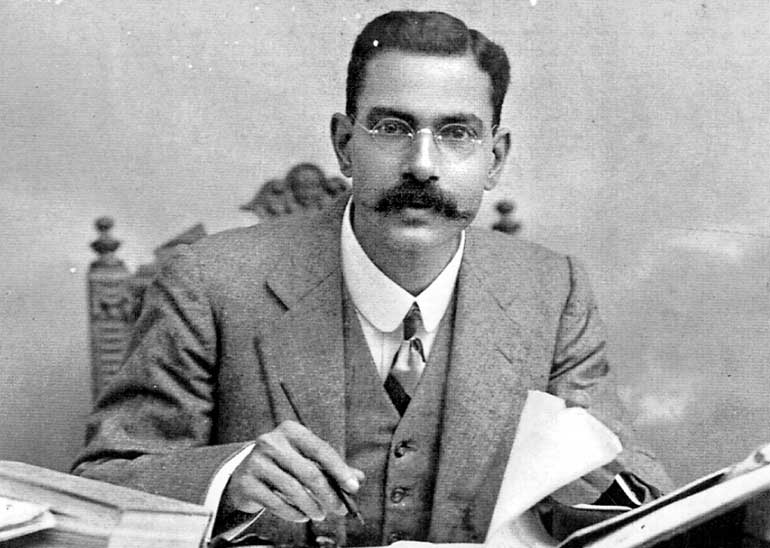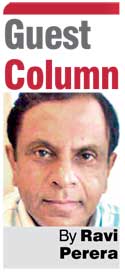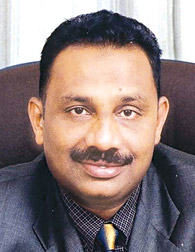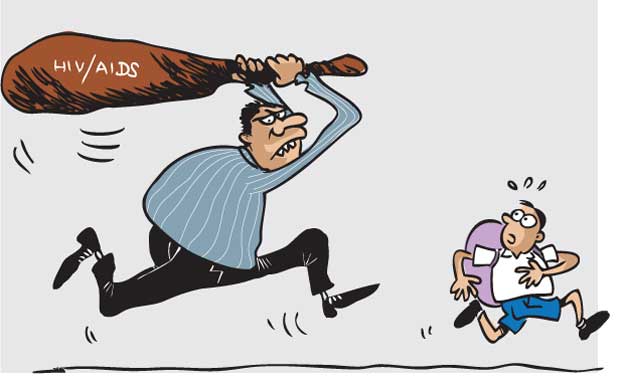Sri Lanka: Over 4.500 Disabled in Jaffna Request Help
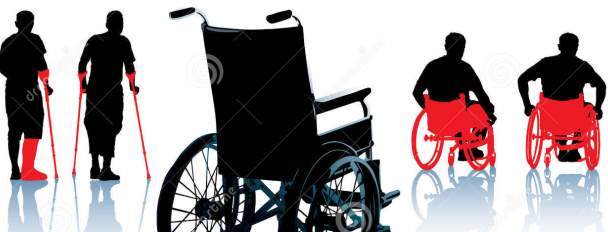
Over 4,500 disabled in the Jaffna district have requested the government to include them in the state beneficiary grant scheme, a senior official at the Jaffna District Secretariat said. According to the data from the Secretariat, there were 8956 disabled in the district and of them only 2010 received the monthly grant of Rs 3000 to support themselves and their families.
Jaffna District Secretary N.Vethanayahan said he had forwarded a letter to the relevant authorities to increase the amount of the grant considering today’s daily expenses and to include other disabled people who would qualify for the programme. ”Every day we can see how these people struggle to lead their lives. I have not received a reply from the relevant ministries yet,” he said.
A Development Officer attached to the Jaffna District Secretariat said they receive many complaints from disabled people daily. “This week also we received two complaints of private bus owners refusing to accommodate disabled people in their buses,” he said.
“Most were disabled during the war, and 2034 of them suffer from depression and other psychological issues,” N. Uthayakumar, a counseling officer at the secretariat said. ”We have been conducting group therapy sessions in selected areas; but the problem we face is that we have to go in search of these people,” he said.
Along with the Central Government’s initiative to issue monthly grants through District Secretariats Islandwide, the provincial bodies too are involved in helping disabled people with limited self employment loans and other facilities, he said. The Social Services Department was set up under the purview of the Health Ministry of the Northern Provincial Council (NPC) to look into issues faced by the disabled in the province but the department says they have not received the necessary funding from the government as proposed in their budget.
M. Rajamanoharan, a Social Officer at the department said, because of the limited funding they have had to reduce the number of beneficiaries in the projects they had undertaken. The department’s main role is to distribute equipment and other material disabled people need for their daily life. White canes, earphones, wheelchairs, crutches, and caliber shoes for polio-affected people are issued free of charge.
(Original caption ;The Forgotten People of Jaffna Want to Be included in state grant scheme)
Sunday Times
Sunday Times





